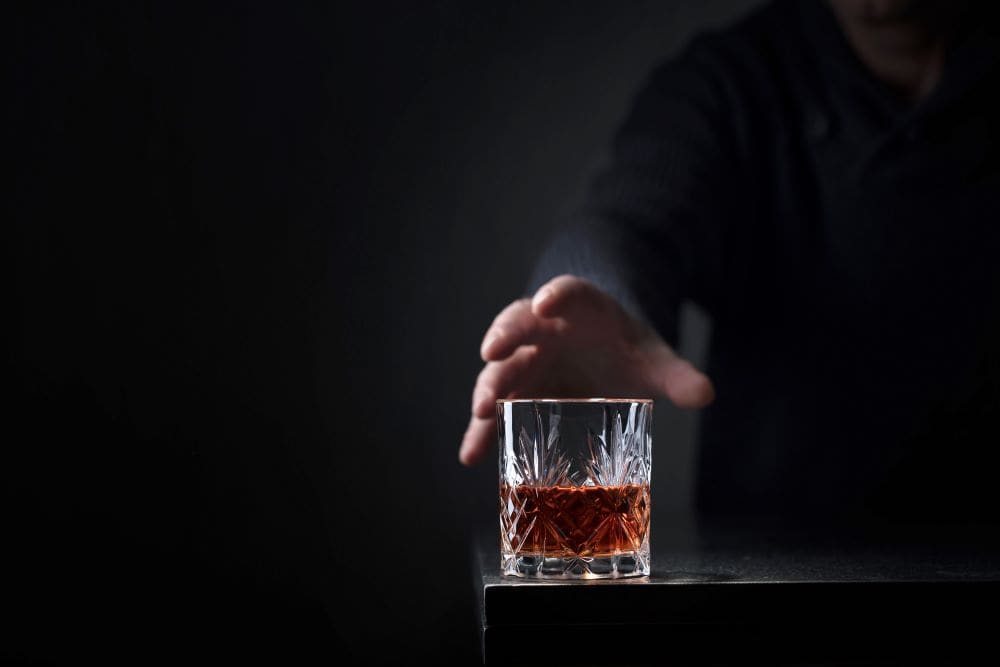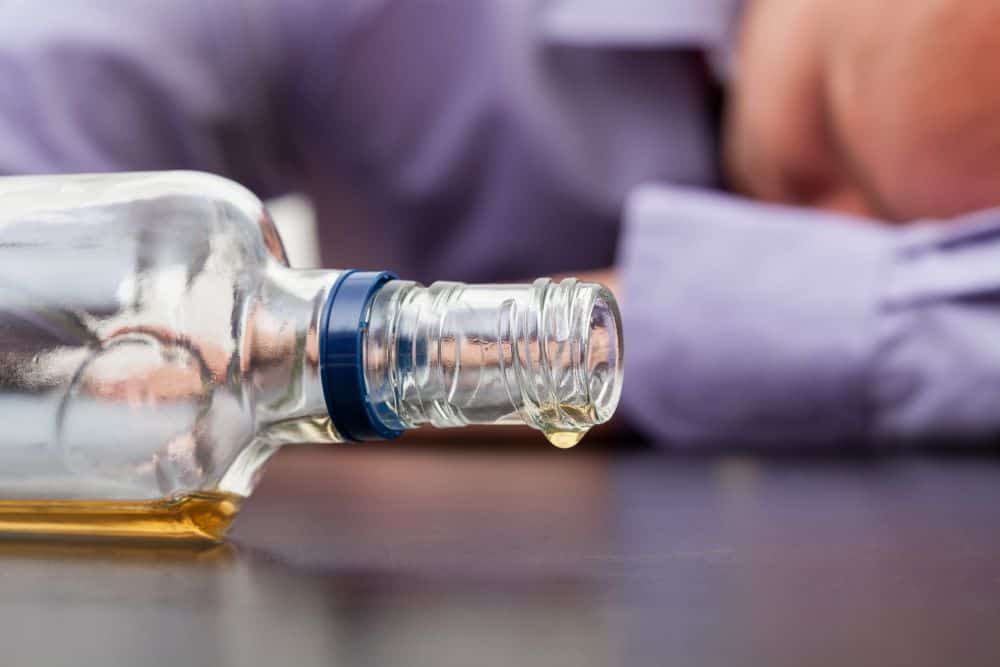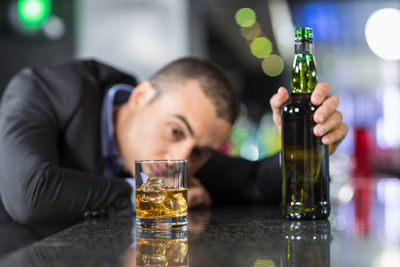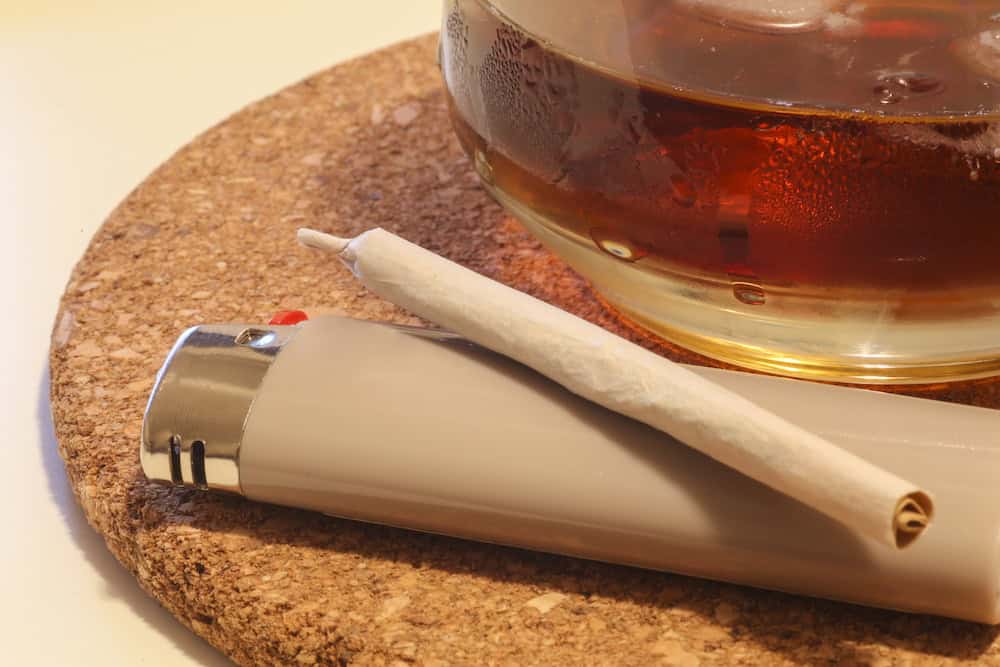Exploring Personality Disorders And Alcohol Use
Posted on July 23, 2013
In Spain, alcohol dependence affects up to 10 percent of the population and a major public health problem. Previous studies have suggested that personality disorders affect from 2.8 and 11 percent of the population, and studies of personality disorders among alcoholics suggest that the prevalence of personality disorders ranges from 24 to 78 percent among alcohol-dependent individuals. There have been discrepancies in studies of personality disorders among alcohol-dependent individuals, but the literature nevertheless suggests that personality disorders are more prevalent in this group than in the general population. Thus, the possibility of personality disorders should be explored in alcohol treatment and alcohol recovery. A team of researchers in Spain set out to discover the most fre...
full story










